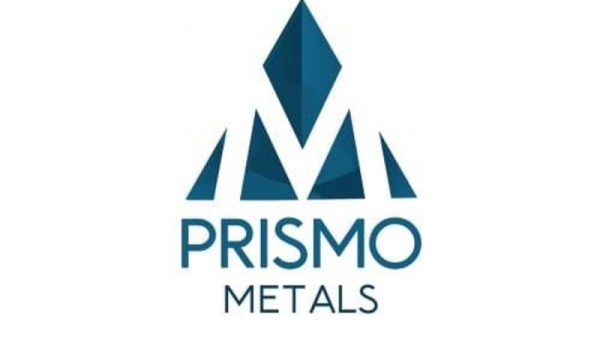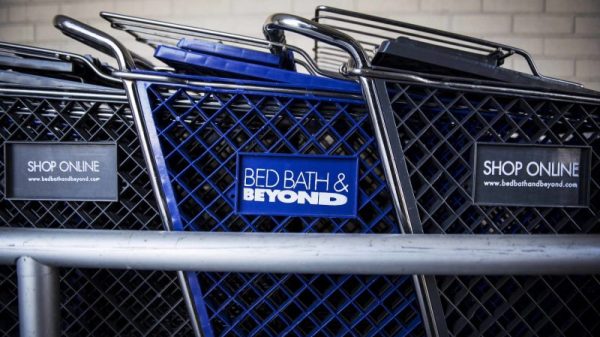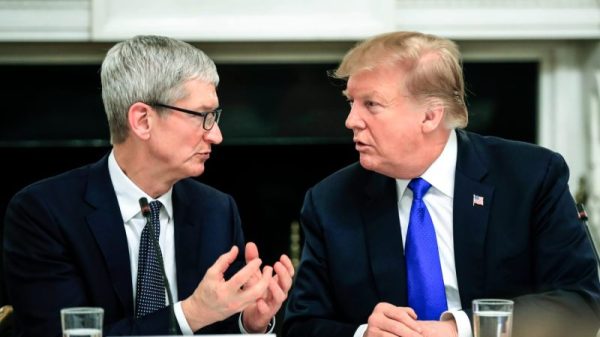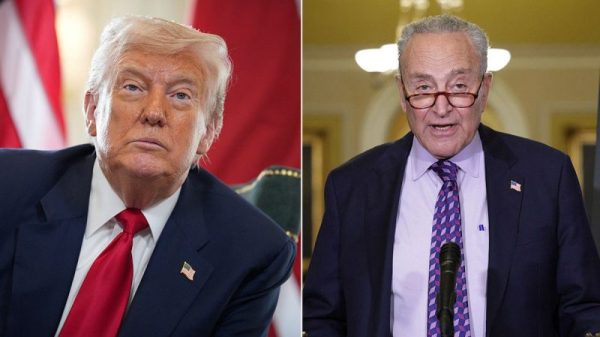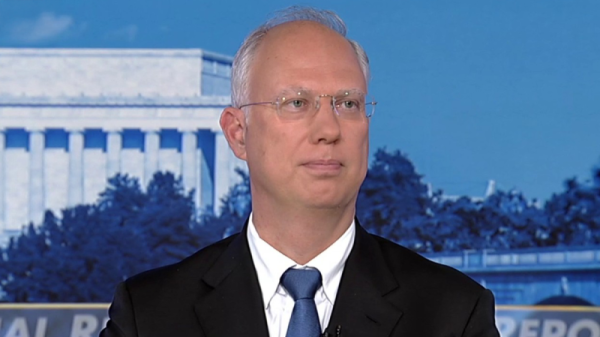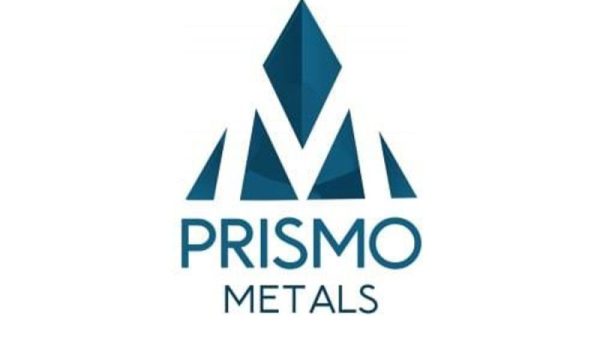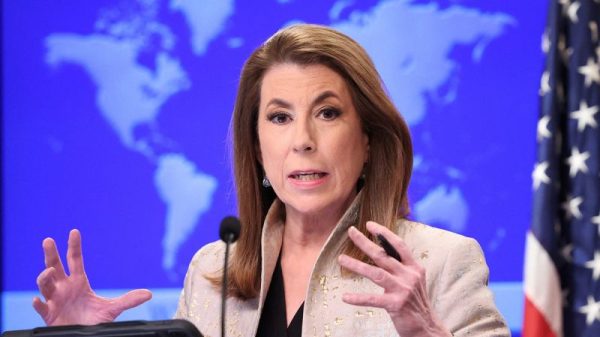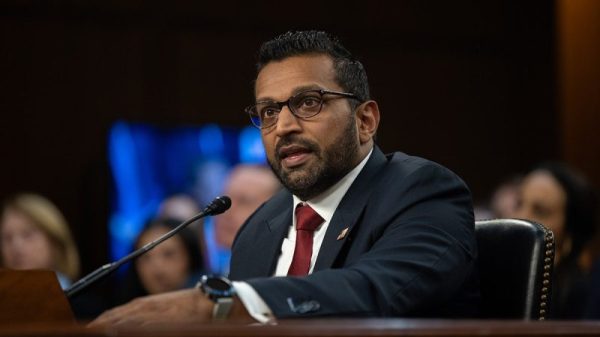Internet service providers like Charter, Verizon and Comcast have quietly scaled back their efforts to revive the Affordable Connectivity Program, an expired federal internet subsidy that helped low-income households pay for broadband.
The $14.2 billion program provided a discount of up to $30 per month for some qualifying households and up to $75 a month for households on eligible tribal land. But it officially ended in June after Congress decided not to renew its funding.
The ACP served roughly 23 million households, two-thirds of which had either inconsistent or zero internet access prior to enrolling, according to a December survey from the Federal Communications Commission. In February, the ACP stopped accepting new applications as the program’s funding dwindled.
In the wake of the ACP’s expiration, broadband companies reported losing some customers. But overall, they have weathered the storm better than expected.
“Generally speaking, the impact on the companies so far is less than feared.” said analyst Craig Moffett of MoffettNathanson. “But that doesn’t take away from the families for whom this was important, and could now lose access to broadband.”
Since the ACP lapsed, some Democratic and Republican lawmakers have been working to bring back the program.
And though broadband companies lobbied to get the ACP renewed before it expired, since then they have done little to revive the program, as there is uncertainty over where the funding would come from and November’s election has cast a chill on Capitol Hill.
“I know the difference between when industry really wants something to happen, and when they say, ‘Well, we support it, sure,’ but they don’t put money into advertising, they don’t put money into lobbyists, they don’t put money into doing the kind of studies that support the case,” New Street Research analyst Blair Levin told CNBC.
Comcast owns NBCUniversal, the parent company of CNBC.
Both Democrats and Republicans in the Senate and the House have brought forward bills that would spend between $6 billion and $7 billion to relaunch the ACP, at least temporarily.
“My hope is that we can get something done rather quickly, especially as kids are getting ready to go back to school,” said Rep. Mike Carey, R-Ohio, in August. He jointly proposed the House bill with Rep. Nikki Budzinski, D-Ill.
The ACP was originally funded as the Emergency Broadband Benefit program, a pandemic-era internet subsidy that quickly gained support when reliable access became a necessity in a world dominated by online school and work.
Internet usage soared in 2020 and 2021. Even now, usage levels are well above pre-pandemic levels, according to broadband data provider Open Vault.
But as Covid grows more distant in public memory, convincing lawmakers to spend billions to extend these subsidies has become an uphill battle.
One key reason is election year timing.
For example, GOP Sen. JD Vance of Ohio was one of the lead supporters of the ACP. But after he was tapped to be Republican presidential nominee Donald Trump’s running mate, Vance quieted his advocacy.
In Congress, both the Republican House majority and Democratic control of the Senate could flip in November. This means Democratic leaders may choose to put other priorities ahead of the ACP, while they still control the Senate.
“This is going to be a really close election so maybe they want to use floor time for judicial nominations,” said Gigi Sohn, a consumer broadband advocate and lawyer who formerly served as an FCC commissioner under the Biden administration, in an interview with CNBC.
Still, Sohn believes bipartisan support for the ACP should make reauthorizing it a political slam dunk for Democrats.
“This is one of the things that absolutely perplexes me, because to me, this is the kind of thing you absolutely want to do in an election year.”
As the Sept. 30 government funding deadline inches closer, congressional leaders are heads-down on the scramble to pass a stopgap funding bill to avert a shutdown, pushing the ACP further down the priority list. After September, Congress is expected to be out on recess until after the election.
As some Capitol Hill lawmakers cling to the narrowing possibility of an ACP comeback, the private sector is reining in its hopes.
″[ISPs] are making their plans, they are telling Wall Street that this thing is dead and they’re just not putting effort into it,” Sohn said.
While broadband providers were generally supportive of the ACP, many in the industry believed the subsidy benefitted too wide a swath of U.S. households. In some instances customers used the benefit toward other products, such as mobile or pay TV.
For example, one in four New York households used the ACP, per a White House fact sheet released in February.
Starting from scratch with a new subsidy program, while also building digital literacy among low income consumers, could be a better alternative after the election, some people close to the companies say.
And disillusioned with the temporary model, industry players are more likely to lobby for permanent solutions like strengthening the Universal Service Fund, according to Sohn. But that comes with its own set of political obstacles, especially after a federal court found the USF to be unconstitutional.
With or without private sector resources, lawmakers assure they will not quit the push to bring the ACP back.
“What we’re focused on is the near-term problem,” Carey said. “Then we can build consensus to look at something for a longer-term plan.”
But dwindling support from industry partners casts doubt on the ACP’s future because companies are ultimately the ones who deliver the internet service and can help educate customers about the program.
“Industry is one voice in this because they are the structure providing this service,” Budzinski told CNBC. “It’s important that they be at the table.”
The ACP’s expiration has also cast a shadow over some businesses — namely the companies that had invested heavily in getting new and existing customers enrolled in the program.
Charter Communications CEO Chris Winfrey said in July that the ACP’s expiration impacted both losses and low income broadband connections after the company had “put a lot of effort into the ACP program.”
Charter was one of the ACP’s biggest industry proponents: It received roughly $910 million from the program from 2022 to February 2023, according to FCC data. Comcast and Verizon each received over $200 million from the program.
When Congress decided not to renew ACP funding, these companies were forced to absorb the shock at a time when cable companies have already seen broadband customer growth stagnate due to heightened competition and a slowdown in home sales.
Charter and Comcast representatives declined to comment. Verizon did not immediately respond to requests for comment.
During the second quarter, Charter reported a loss of 149,000 internet customers, while Comcast reported a decline of 120,000 broadband customers. While some of this could be attributed to the ACP, the companies expect the biggest impacts to be felt in the third quarter.
Since the ACP ended, companies have tried to help customers transition to low income or different internet plans, in some cases reverting back to plans they had before the subsidy.
Comcast said in July that it has been helping customers migrate to other broadband plans.
Charter has tried to retain its low-income consumer base by rolling out new savings deals like offering ACP customers a free unlimited mobile line for one year. Others like Verizon decided to just pencil in the financial hit of the customer loss, reporting a loss of 410,000 prepaid wireless subscribers in its second quarter earnings.
The initial bottom-line pain of the ACP’s lapse so far appears to be milder than what some company leaders and analysts had initially expected. But the process is far from over.
“We’ve only seen the first chapter so far, in that we’ve only seen the impact on gross additions. But we haven’t yet seen the impact on bad debt and unpaid disconnects,” Moffett of MoffettNathanson told CNBC. “That will come in the third quarter.”

